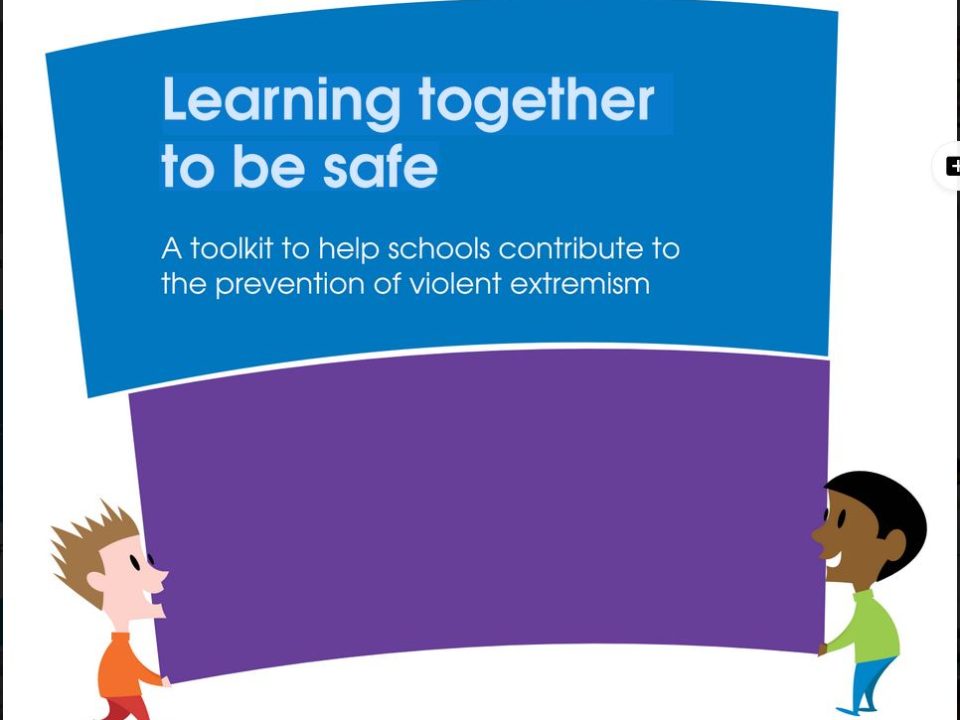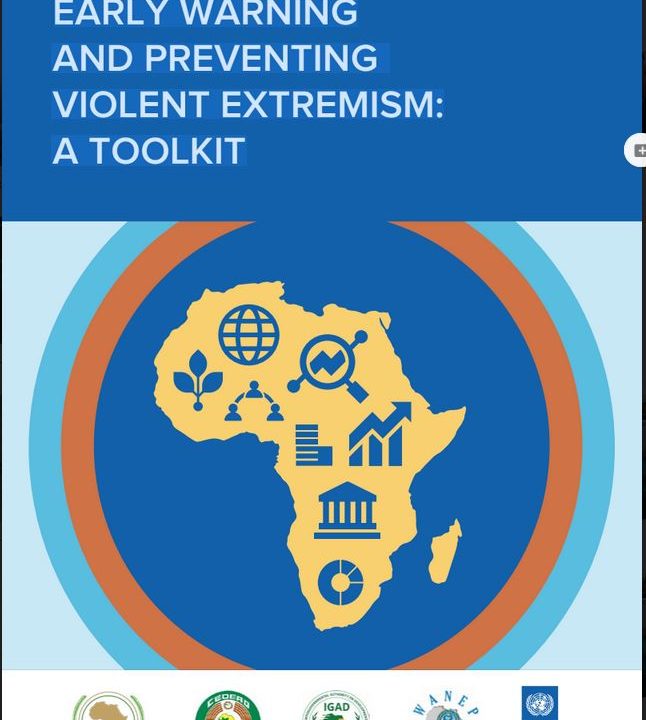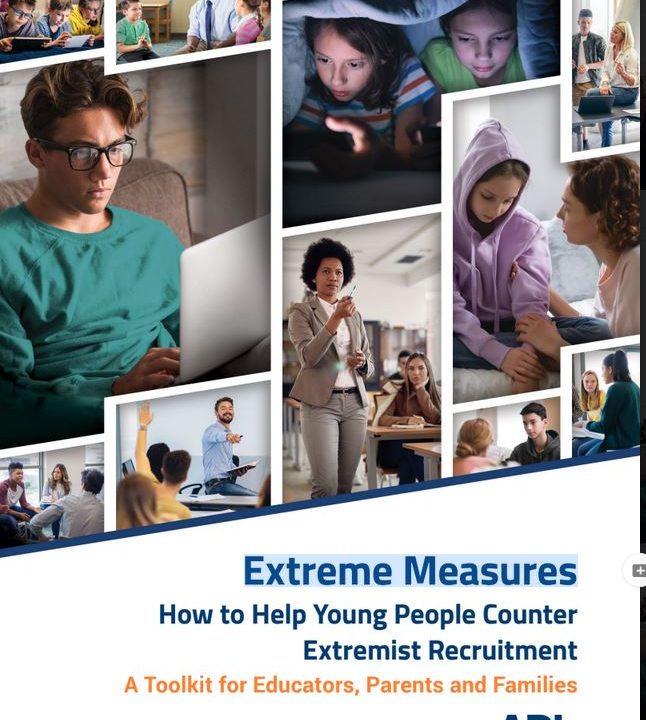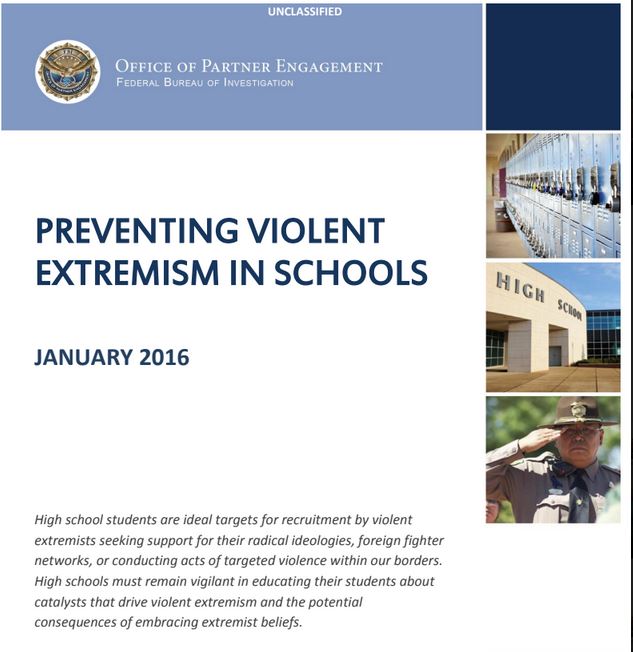FOR EDUCATORS
- Filter by
- Categories
- Tags
- Authors
- Show all
- All
- A Kofi Annan Foundation initiative
- A UK publication
- ADL
- African Union
- AI extremism by Vox POl
- Anti-Hate network
- Deepfake
- Erasmus program
- Erasmus; EU
- ERIM; MSSTA
- ERIM; Toolkit release
- EU
- European youth information
- Extremism; radicalization; Barbara Perry
- Far Right group
- GCTF
- Hate; bigotry; bias; extremism
- International Alert; UNDP
- ISD
- Manitoba Association of School Superintendents; MASS
- Office of partner engagement-USA
- OSCE
- Proton project; Europe; extremism
- RAND
- RCMP
- START
- Toolkit; WSC
- UK
- UNDP and African UNION
- UNESCO
- UNESCO; Extremism
- USIP
- Western state centre
May 23, 2024
Published by admin@erimca.org on May 23, 2024
Categories
Over the past decade, two major phenomena have developed in
the digital realm. On the one hand, extremism has grown massively
on the Internet, with sprawling online ecosystems hosting a wide
range of radical subcultures and communities associated with
both ‘stochastic terrorism’ and the ‘mainstreaming of extremism’.
On the other hand, Artificial Intelligence (AI) has undergone
exponential improvement: from ChatGPT to video deepfakes,
from autonomous vehicles to face-recognition CCTV systems,
an array of AI technologies has abruptly entered our everyday
lives. This report examines ‘AI extremism’, the toxic encounter
of these two evolutions – each worrying in its own right. Like past
technological progress, AI will indeed be – in fact already is – used
in various ways to bolster extremist agendas. Identifying the many
opportunities for action that come with a range of AI models, and
linking them with different types of extremist actors, we offer a clear
overview of the numerous facets of AI extremism. Building on the
nascent academic and government literature on the issue as well
as on our own empirical and theoretical work, we provide new
typologies and concepts to help us organize our understanding of
AI extremism, systematically chart its instantiations, and highlight
thinking points for stakeholders in countering violent extremism.
May 18, 2024
Published by admin@erimca.org on May 18, 2024
Categories
A Guide for Student Belonging in Public Schools in Manitoba Every student deserves to feel a sense of belonging in school; to feel safe, respected, and […]
December 21, 2023
Published by admin@erimca.org on December 21, 2023
Categories
This report is based on the views expressed during, and short papers contributed by speakers at, a workshop organised by the Canadian Security Intelligence Service as part of its Academic Outreach and Stakeholder Engagement (AOSE) and Analysis and Exploitation of Information Sources (AXIS) programs. Offered as a means to support ongoing discussion, the report does not constitute an analytical document, nor does it represent any formal position of the organisations involved. The workshop was conducted under the Chatham House rule; therefore no attributions are made and the identity of speakers and participants is not disclosed.
You can read the whole report at
https://drive.google.com/file/d/1Jn9pVjmgbUlBdM98F74qX6GbFSsUsqpt/view?usp=sharing
December 16, 2023
Published by admin@erimca.org on December 16, 2023
Categories
CEP RESEARCH REPORT This report analyzes the potential threats affiliated with the largest and fast growingtransnational right-wing extremist (RWE/REMVE)1 combat sports network, calledActive Clubs. It explores […]
May 23, 2022
Published by admin@erimca.org on May 23, 2022
Categories
A UK publication A toolkit to help schools contribute to the prevention of violent extremism The toolkit is not exhaustive, nor does it aim to be […]
May 23, 2022
Published by admin@erimca.org on May 23, 2022
Categories
A UNDP and African Union Project The Early Warning/Early Response and PVE Toolkit was developed as a joint endeavour by the African Union (AU) Conflict Prevention […]
May 23, 2022
Published by admin@erimca.org on May 23, 2022
Categories
An Anti Defamation League (ADL) project Extreme Measures: How to Help Young People Counter Extremist RecruitmentA Toolkit for Educators, Parents and Families. ADL’s Education Department provides […]
May 23, 2022
Published by admin@erimca.org on May 23, 2022
Categories
A Kofi Annan foundation project COUNTERING VIOLENT EXTREMISM A GUIDE FOR YOUNG PEOPLE BY YOUNG PEOPLE The project Extremely Together is managed by the Kofi Annan […]
May 23, 2022
Published by admin@erimca.org on May 23, 2022
Categories
Office of partner engagement-USA High school students are ideal targets for recruitment by violent extremists seeking support for their radical ideologies, foreign fighter networks, or conducting […]
JOIN OUR MAILING LIST
Get the latest news updates from the ERIM centre.
©2022 ERIM. All Rights Reserved.











